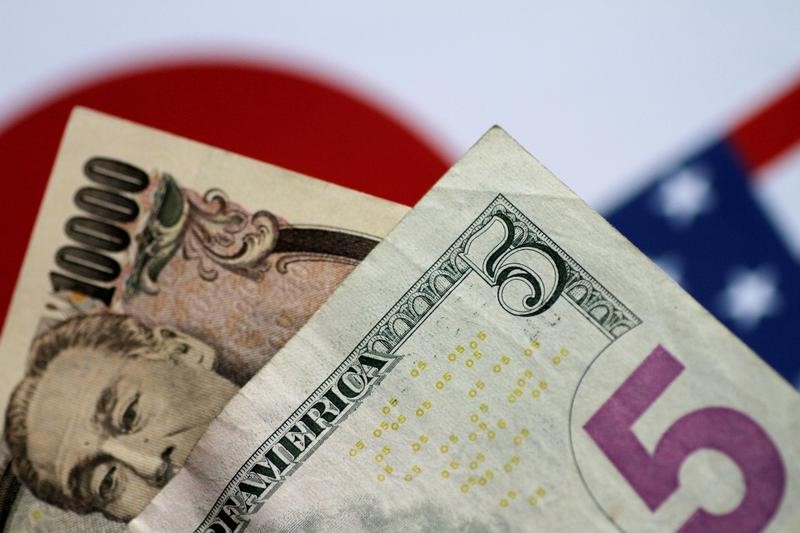
Regional currencies were nursing some losses over the past two weeks as signs of resilience in the U.S. economy spurred bets that the Federal Reserve will cut interest rates by less than expected. This notion boosted the dollar.
Doubts over China also kept sentiment towards Asia constrained, after Beijing did not provide key details while discussing plans for more stimulus.
The dollar index and dollar index futures fell slightly in Asian trade, remaining close to a two-month high hit earlier in the week.
The greenback was buoyed by growing bets that resilience in the U.S. economy will elicit a slower pace of rate cuts by the Fed. Recent readings on U.S. consumer inflation and the labor market furthered this notion.
Traders were pricing in a 94.1% chance the Fed will cut rates by 25 basis points in November- smaller than the 50 bps cut seen in September, CME Fedwatch showed. Traders were also pricing in a small chance that rates remain unchanged.
Addresses from several Fed officials this week showed policymakers were cautious over future rate cuts. Retail sales data due later this week is expected to provide more cues on the U.S. economy.
The prospect of relatively high rates saw most Asian currencies nursing losses over the past two weeks. Regional units were also muted on Wednesday.
The Japanese yen’s USDJPY pair fell slightly but remained in sight of 150 yen. Consumer inflation data due later this week is expected to offer more cues on the Bank of Japan’s plans to hike rates further.
The South Korean won’s USDKRW pair fell 0.3%, while the Singapore dollar’s USDSGD pair fell 0.1%. The Indian rupee’s USDINR pair fell slightly but remained close to recent record highs.
The Chinese yuan’s USDCNY pair moved little on Wednesday, but was nursing losses this week as sentiment soured over the country’s plans for more stimulus.
China’s Ministry of Finance said it will enact a slew of fiscal measures to boost growth. But the MoF did not specify the timing or size of the planned measures, spurring limited optimism over the planned move.
Weak economic data from China also furthered the need for more elaborate measures.
Doubts over China saw the Australian dollar’s AUDUSD pair fall 0.2%, given the currency’s heavy trade exposure to the mainland.
To read the full article, Click Here

